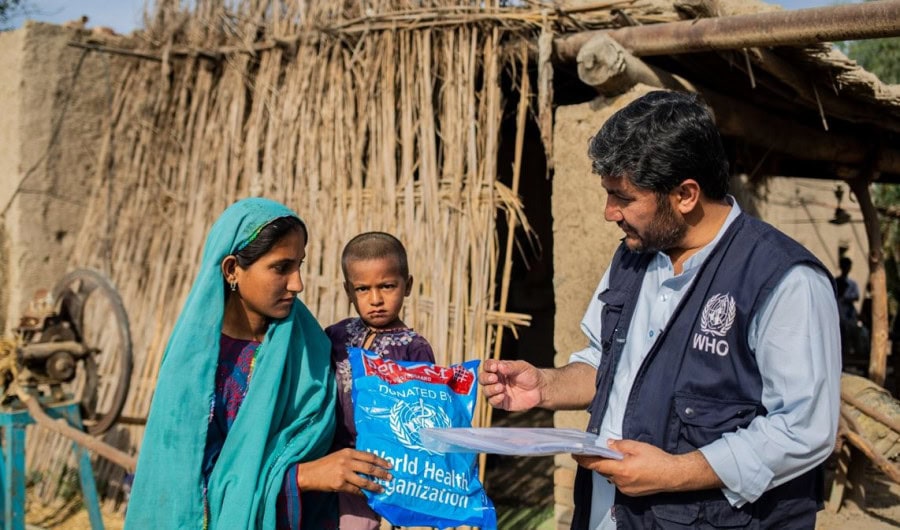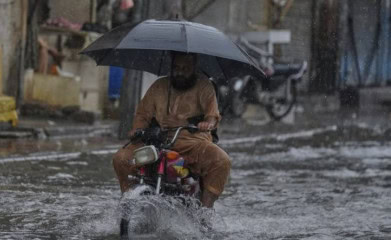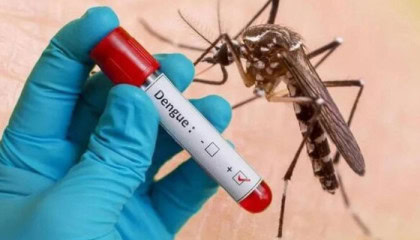ISLAMABAD – On World Malaria Day, World Health Organization (WHO) and Pakistan’s Ministry of National Health Services have issued a stark warning: climate change is rapidly accelerating the spread and severity of malaria in Pakistan, where over 2 million cases are now reported annually.
Speaking on the theme “Reinvest, Reimagine, Reignite,” the global health body and national officials called for urgent, collective action to combat the growing public health threat. The call comes amid alarming statistics that underscore the toll of extreme weather events and rising temperatures on Pakistan’s health infrastructure.
“Malaria is a major global threat, and we are seeing firsthand how climate change is increasing both the risk and the cases in our country,” said Pakistan’s Federal Health Minister Syed Mustafa Kamal. “This is not just a health imperative—it is an investment in a healthier, more equitable, safer, and more prosperous future.”
Floods, Climate Change Drive Surge
The catastrophic 2022 floods marked a turning point in Pakistan’s malaria crisis. In just three years, from 2022 to 2024, the country recorded an additional 6.6 million cases, peaking at 2.7 million cases in 2023—a shocking increase from just under 400,000 cases in 2021. The aftermath has positioned Pakistan as a major contributor to a regional spike in malaria, with 10.2 million cases reported across the WHO Eastern Mediterranean Region in 2023, a 137% increase since 2015.
According to WHO, climate-related factors such as rising temperatures and increased flooding have created ideal breeding conditions for malaria-carrying mosquitoes. This trend is particularly concerning in the 80 endemic districts where more than 5,500 health facilities continue to report rising infection rates.
Progress Made, But Challenges Remain
Despite the surge in cases, health officials noted significant strides in the fight against malaria. In 2024, Pakistan screened over 11.4 million suspected cases and provided treatment to 2 million confirmed patients. More than 7.8 million insecticide-treated mosquito nets were distributed across 22 high-burden districts, contributing to a reduction in overall case numbers compared to the previous year.
“WHO is proud to partner with Pakistan to continue saving lives by preventing and treating malaria,” said Dr. Dapeng Luo, WHO Representative in Pakistan. “We have proven that investing in malaria response works. But climate change is reversing some of that progress. The threat is real—not just for Pakistan but for the entire region and world.”
Need for Continued Investment
Increased poverty, inadequate access to healthcare in remote and conflict-affected regions like Balochistan and Khyber Pakhtunkhwa, and the ongoing challenges in Sindh further complicate malaria control efforts. WHO and Pakistan’s health authorities emphasize that sustained funding, political will, and global cooperation are essential to adapt to new risks and maintain progress.
“Evidence shows malaria control pays off,” the joint statement concluded. “But only through coordinated, sustained action can we mitigate the impacts of climate change, save lives, and secure a healthier future for all.”



















